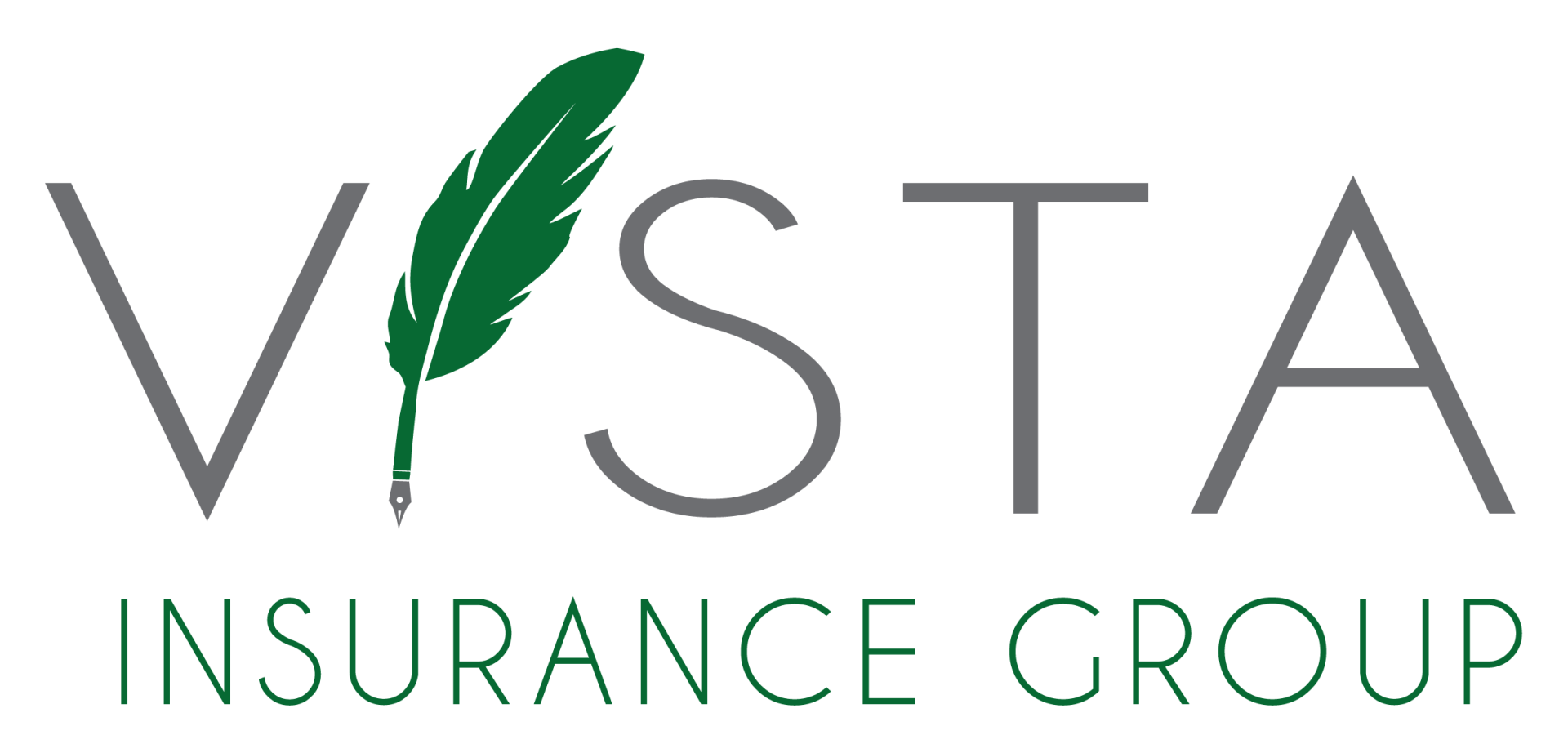Understanding Life Insurance Terms
If others depend on you for financial support, purchasing a life insurance policy is a safety net that ensures your loved ones' future financial obligations are met. Like many industries, the world of insurance has its own unique set of vocabulary to describe its products. To help you understand the information included in a life insurance policy, we’ve gathered some basic terminology in this easy-to-reference overview.
Beneficiary: The person or party named by the owner of a life insurance policy to receive the policy benefit.
Cash value: The savings element of a permanent life insurance policy, which represents the policy owner’s interest in the policy.
Contingent beneficiary: The party designated to receive proceeds of a life insurance policy following the insured’s death if the primary beneficiary predeceased the insured.
Convertible term insurance policy: A term life insurance policy that gives the policy owner the right to convert the policy to a permanent plan of insurance.
Dividend: A return of part of the premium.
Face amount: The amount of the death benefit payable under a life insurance policy.
Irrevocable beneficiary: A life insurance policy beneficiary who has a vested interest in the policy proceeds even during the insured’s lifetime because the policy owner has the right to change the beneficiary designation only after obtaining the beneficiary’s consent.
Insurable interest: The interest an insurance policy owner has in the risk that is insured. The owner of a life insurance policy has an insurable interest in the insured when the policy owner is likely to benefit if the insured continues to live and is likely to suffer some loss or detriment if the insured dies.
Insured life: The person on whose life the policy is issued.
Original age conversion: A conversion of a term life insurance policy to a permanent plan of insurance at a premium rate, based on the insured’s age when the original term policy was purchased.
Permanent life insurance: Life insurance that provides coverage throughout the insured’s lifetime and also provides a savings element.
Policy anniversary: As a general rule, the date on which coverage under an insurance policy became effective.
Premiums: Amount paid to the insurance company to buy a policy and keep it in force.
Renewable term life insurance: A term life insurance policy that can be renewed at the end of the policy term.
Term life insurance: A life insurance policy that provides a stated benefit upon the holder's death, provided that the death occurs within a certain specified time period. Policy does not build up a cash value.
Universal life insurance: A type of flexible permanent life insurance offering both term life insurance as well as a savings element, which is invested to provide a cash value buildup. The death benefit, savings element and premiums can be reviewed and altered as a policyholder's circumstances change.
Whole life insurance: A basic type of permanent life insurance. It provides coverage that lasts a lifetime and also builds up a cash value that you can borrow against, withdraw or use to pay future premiums.
Even if you already have life insurance through your employer, you may be underinsured. If you’d like the security of knowing that you have enough life insurance coverage in place, we can work with you to ensure that there aren’t any gaps in your current coverage. At Vista Insurance Group, we can help you figure out how much your family will need to replace this lost income should something happen to you.











CHARLOTTE LOCATION
5643 Harrisburg Industrial Park Dr.
Harrisburg, NC 28075
CONNECT WITH US
Licensed Insurance Professional. Respond and learn how insurance and annuities can positively impact your retirement. This material has been provided by a licensed insurance professional for informational and educational purposes only and is not endorsed or affiliated with the Social Security Administration or any government agency. It is not intended to provide, and should not be relied upon for, accounting, legal, tax or investment advice.
Licensed Insurance Professional. Respond and learn how insurance and annuities can positively impact your retirement. This material has been provided by a licensed insurance professional for informational and educational purposes only and is not endorsed or affiliated with the Social Security Administration or any government agency. It is not intended to provide, and should not be relied upon for, accounting, legal, tax or investment advice.